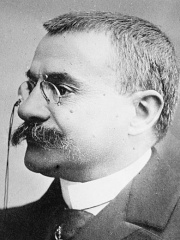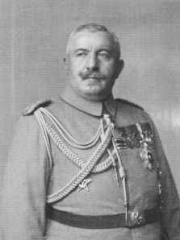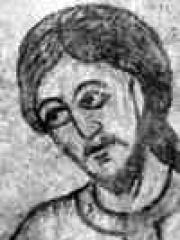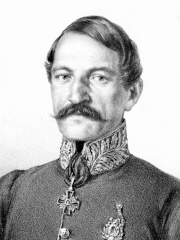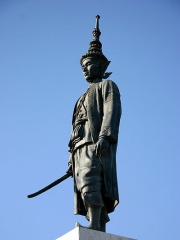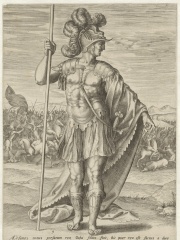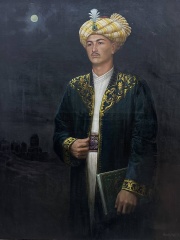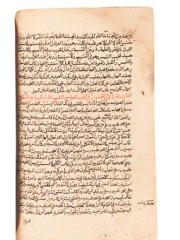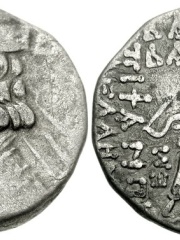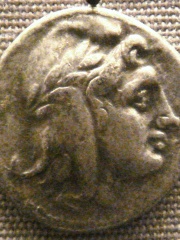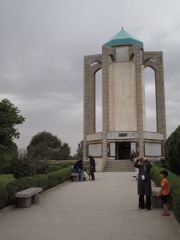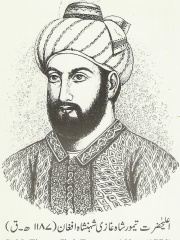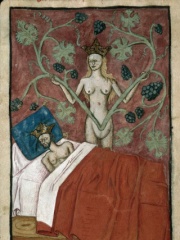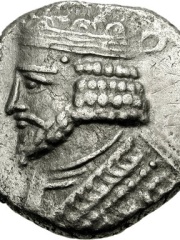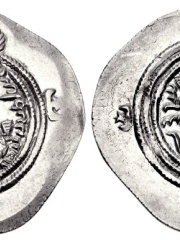Politician
Mithridates IV of Parthia
EN.WIKIPEDIA PAGE VIEWS (PV)
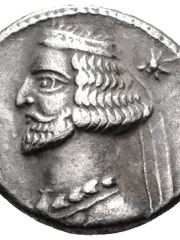
 Mithridates IV of Parthia
Mithridates IV of Parthia
His biography is available in 34 different languages on Wikipedia (up from 33 in 2024). Mithridates IV of Parthia is the 6,958th most popular politician (up from 9,846th in 2024), the 197th most popular biography from Iran (up from 260th in 2019) and the 109th most popular Iranian Politician.
Memorability Metrics
Page views of Mithridates IV of Parthia by language
Among Politicians
Among politicians, Mithridates IV of Parthia ranks 6,958 out of 19,576. Before him are Théophile Delcassé, Ahmed Izzet Pasha, Ibrahim al-Jaafari, Spytihněv I, Duke of Bohemia, Henry II, Duke of Brabant, and Ilija Garašanin. After him are Ang Duong, Narai, Piet de Jong, Vseslav of Polotsk, Bjarni Benediktsson, and Faustina.
Most Popular Politicians in Wikipedia
Go to all RankingsThéophile Delcassé
1852 - 1923
HPI: 64.24
Rank: 6,955
Ahmed Izzet Pasha
1864 - 1937
HPI: 64.24
Rank: 6,956
Ibrahim al-Jaafari
1947 - Present
HPI: 64.23
Rank: 6,957
Spytihněv I, Duke of Bohemia
875 - 915
HPI: 64.23
Rank: 6,958
Henry II, Duke of Brabant
1207 - 1248
HPI: 64.23
Rank: 6,959
Ilija Garašanin
1812 - 1874
HPI: 64.23
Rank: 6,960
Mithridates IV of Parthia
HPI: 64.23
Rank: 6,961
Ang Duong
1796 - 1860
HPI: 64.23
Rank: 6,962
Narai
1629 - 1688
HPI: 64.23
Rank: 6,963
Piet de Jong
1915 - 2016
HPI: 64.23
Rank: 6,964
Vseslav of Polotsk
1029 - 1101
HPI: 64.23
Rank: 6,965
Bjarni Benediktsson
1970 - Present
HPI: 64.23
Rank: 6,966
Faustina
347 - 400
HPI: 64.23
Rank: 6,967
In Iran
Among people born in Iran, Mithridates IV of Parthia ranks 197 out of NaN. Before him are Arsames (-550), Abdullah Mirza (1433), Shihab al-Din 'Umar al-Suhrawardi (1145), Sati Beg (1300), Simko Shikak (1887), and Quli Qutb Shah (1470). After him are Googoosh (1950), Orodes III of Parthia (-100), Amastrine (-400), Baba Tahir (947), Muhammad ibn Ya'qub al-Kulayni (864), and Barbet Schroeder (1941).
Others born in Iran
Go to all RankingsArsames
POLITICIAN
550 BC - 600 BC
HPI: 64.82
Rank: 191
Abdullah Mirza
POLITICIAN
1433 - 1451
HPI: 64.55
Rank: 192
Shihab al-Din 'Umar al-Suhrawardi
PHILOSOPHER
1145 - 1234
HPI: 64.44
Rank: 193
Sati Beg
POLITICIAN
1300 - 1345
HPI: 64.39
Rank: 194
Simko Shikak
POLITICIAN
1887 - 1930
HPI: 64.38
Rank: 195
Quli Qutb Shah
POLITICIAN
1470 - 1543
HPI: 64.24
Rank: 196
Mithridates IV of Parthia
POLITICIAN
HPI: 64.23
Rank: 197
Googoosh
SINGER
1950 - Present
HPI: 64.22
Rank: 198
Orodes III of Parthia
POLITICIAN
100 BC - 6
HPI: 64.17
Rank: 199
Amastrine
POLITICIAN
400 BC - 284 BC
HPI: 64.17
Rank: 200
Baba Tahir
WRITER
947 - 1032
HPI: 64.12
Rank: 201
Muhammad ibn Ya'qub al-Kulayni
RELIGIOUS FIGURE
864 - 941
HPI: 64.07
Rank: 202
Barbet Schroeder
FILM DIRECTOR
1941 - Present
HPI: 64.03
Rank: 203
Among Politicians In Iran
Among politicians born in Iran, Mithridates IV of Parthia ranks 109. Before him are Timur Shah Durrani (1748), Arsames (-550), Abdullah Mirza (1433), Sati Beg (1300), Simko Shikak (1887), and Quli Qutb Shah (1470). After him are Orodes III of Parthia (-100), Amastrine (-400), Mandane of Media (-584), Kiya Buzurg-Ummid (1062), Vardanes I (10), and Azarmidokht (null).
Timur Shah Durrani
1748 - 1793
HPI: 65.02
Rank: 103
Arsames
550 BC - 600 BC
HPI: 64.82
Rank: 104
Abdullah Mirza
1433 - 1451
HPI: 64.55
Rank: 105
Sati Beg
1300 - 1345
HPI: 64.39
Rank: 106
Simko Shikak
1887 - 1930
HPI: 64.38
Rank: 107
Quli Qutb Shah
1470 - 1543
HPI: 64.24
Rank: 108
Mithridates IV of Parthia
HPI: 64.23
Rank: 109
Orodes III of Parthia
100 BC - 6
HPI: 64.17
Rank: 110
Amastrine
400 BC - 284 BC
HPI: 64.17
Rank: 111
Mandane of Media
584 BC - 559 BC
HPI: 63.76
Rank: 112
Kiya Buzurg-Ummid
1062 - 1138
HPI: 63.64
Rank: 113
Vardanes I
10 - 47
HPI: 63.63
Rank: 114
Azarmidokht
HPI: 63.60
Rank: 115
